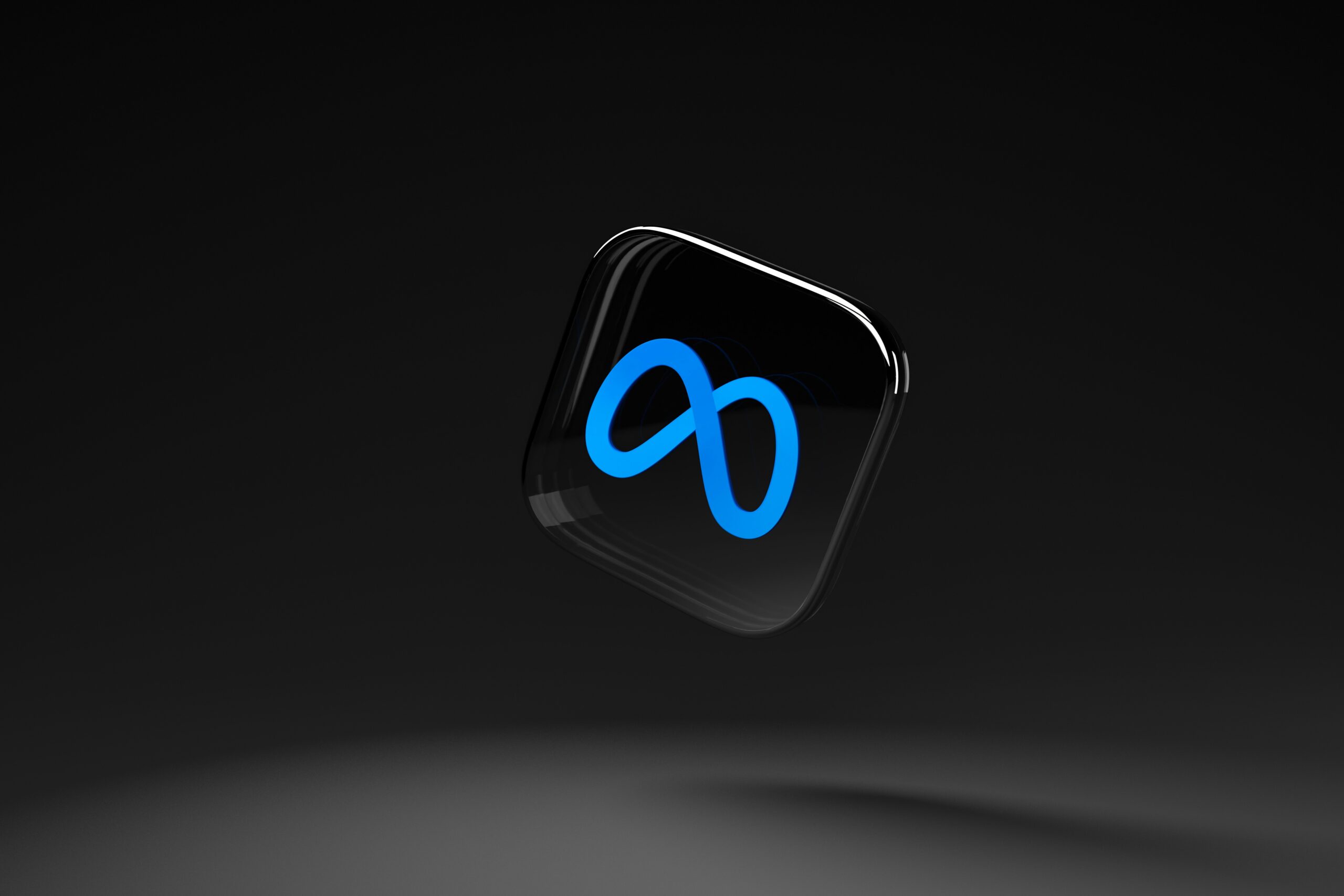Meta has launched an initiative called Superintelligence Labs, a division focused on building advanced, personal AI agents that help people think, create, and make decisions. CEO Mark Zuckerberg has positioned this as a long-term effort to build “personal superintelligence”—not just AI that automates tasks, but AI that acts as a real-time assistant across everyday life.
Why does this matter to advertisers? Because if Meta succeeds, the way people interact with content, make choices, and engage with brands will fundamentally change. Advertising may no longer be about targeting users directly, but rather influencing the AI those users trust to guide their decisions.
While that future may seem distant, Meta is already investing in the infrastructure and research to make it real. Marketers would be wise to start thinking ahead.
What Could Change for Advertisers
The following scenarios illustrate how Superintelligence Labs might reshape advertising in practice. Some are emerging slowly. Others are within reach sooner than you might expect.
Brands Compete for AI Recommendations, Not Just Your Attention
If Meta succeeds in creating widespread adoption of personal AI agents, advertisers may find themselves needing to appeal to AI, not just the end user. Agents could act as filters, decision-makers, or trusted advisors. The role of advertising shifts from interrupting people to influencing the algorithms they trust. That means marketers will need to consider how their content is being evaluated by AI and optimize for credibility, utility, and alignment with user goals.
Creative Goes Ultra-Personal, and AI Builds It on the Fly
Superintelligence models could eventually generate hyper-personalized creative tailored in real time to each individual. Instead of creating a few ad variants, brands could partner with Meta’s tools to automatically assemble messaging and visuals based on user intent, mood, or behavior. This moves beyond personalization at scale. It’s personalization at the atomic level. The opportunity is powerful, but it will demand new ways of working, testing, and maintaining brand voice.
Branded AI Assistants Become the New Front Door
Brands may begin deploying their own AI-powered brand representatives within Meta platforms. Imagine a consumer asking their Ray-Ban smart glasses, “What running shoes should I buy?” A branded assistant responds, ready to help. These AI ambassadors could guide shoppers, answer questions, and even negotiate offers, all within the user’s AI ecosystem. Marketing teams would need to think more like experience designers and less like campaign builders.
Ad Buying Evolves into AI Interaction Management
Rather than placing ads across Meta’s apps, marketers may soon be bidding on slots in AI interactions—for example, sponsoring a recommendation made by a user’s assistant or inserting branded insights into a curated feed. This would require a new way to think about targeting and attribution. Traditional metrics like impressions and clicks might give way to new ones like “agent engagement” or “suggested product adoption.”
Strategy and Creative Development Become AI-Assisted Processes
Brands may use Meta’s tools to simulate customer responses, explore creative directions, and generate prototypes early in the ad campaign process. This could speed up strategic development while helping teams explore broader possibilities. But it will also place a premium on human oversight and clear creative standards.
How Advertisers Can Prepare Now
You don’t need to wait for Meta’s vision of personal superintelligence to materialize in full. Many of the underlying technologies are already being deployed in limited ways. Here are some steps to take now:
Revisit Your Brand’s Digital Identity
If AI agents are going to evaluate and recommend your brand, they’ll do so by scanning your content, tone, and trust signals. Review how your brand shows up across Meta’s ecosystem. Are your value propositions clear? Is your content consistent and helpful?
Build a Future-Facing Creative Testing Mindset
Even if you’re not using AI to generate creative, you should be building habits around rapid iteration and variant testing. The more comfortable your team is with flexible, modular campaigns, the better you’ll adapt to AI-powered creative tools.
Stay Curious about Emerging AI Experiences
Follow developments in Meta’s AI technology, messaging tools, and assistant features. If Meta’s AI becomes the interface for user interaction, it may become the interface for advertising as well. The earlier you start experimenting, the more prepared you’ll be.
Align with Platforms, but Advocate for Transparency
As Meta builds increasingly intelligent systems, advertisers should push for visibility into how these systems evaluate content, deliver messaging, and measure performance. Working with AI doesn’t mean working blindly.
Keep People in an Oversight Capacity
As AI take on more creative and strategic functions, it becomes increasingly important to define where and how human oversight adds value. That means going beyond reviewing outputs for tone or grammar. People need to devise ideas, shape prompts, evaluate relevance, question assumptions, and provide the contextual judgment AI can’t replicate. Keeping humans meaningfully involved helps protect brand integrity, catch blind spots, and make sure AI reflects real-world priorities.
Don’t Go It Alone
The landscape is shifting quickly, and you don’t have to navigate it solo. Agencies, platform reps, and AI experts can help you interpret changes and apply them in practical ways. Focus on learning, not just launching.
True Interactive Can Help
At True Interactive, we work closely with marketers to anticipate what’s next, from near-term changes in ad delivery to longer-term shifts like Meta’s Superintelligence vision. Whether you’re looking to optimize for today’s platforms or prepare for tomorrow’s AI-powered experiences, our team is ready to help you move forward with confidence. Contact us to learn more.
